Buying a house for the first time is a big decision that can change your life. It means stability, putting money into something, and reaching long-term goals. But for a lot of people who are buying their first home, the process can be too much to handle. If you don’t prepare and learn enough, it’s easy to make mistakes that will cost you a lot of money and hurt your financial future.
In this article, we’ll talk about the top 10 mistakes first-time homebuyers make and give you tips on how to avoid them. These tips are always useful and will help any homebuyer, whether they are looking to buy a home today or years from now.
1. Not Making a Budget That Makes Sense

Why It’s a Mistake:
Not making a realistic budget is one of the first mistakes that many people make when they buy their first home. It’s easy to get carried away by how exciting it is to own a home and how attractive homes that are out of your price range might be. If you don’t have a clear budget, you might spend too much and end up with mortgage payments that you can’t afford.
How to Stay Away from This Error:
- Determine your budget: First, figure out how much house you can really afford. Lenders often say that your monthly mortgage payment shouldn’t be more than 28% of your gross monthly income.
- Factor in other costs: Think about other costs, such as property taxes, homeowner’s insurance, and upkeep.
- Use a mortgage calculator: To get a rough idea of how much you can afford, use an online mortgage calculator. Then, only look at properties that fit within your budget range.
2. Not Getting Pre-Approved for a Mortgage
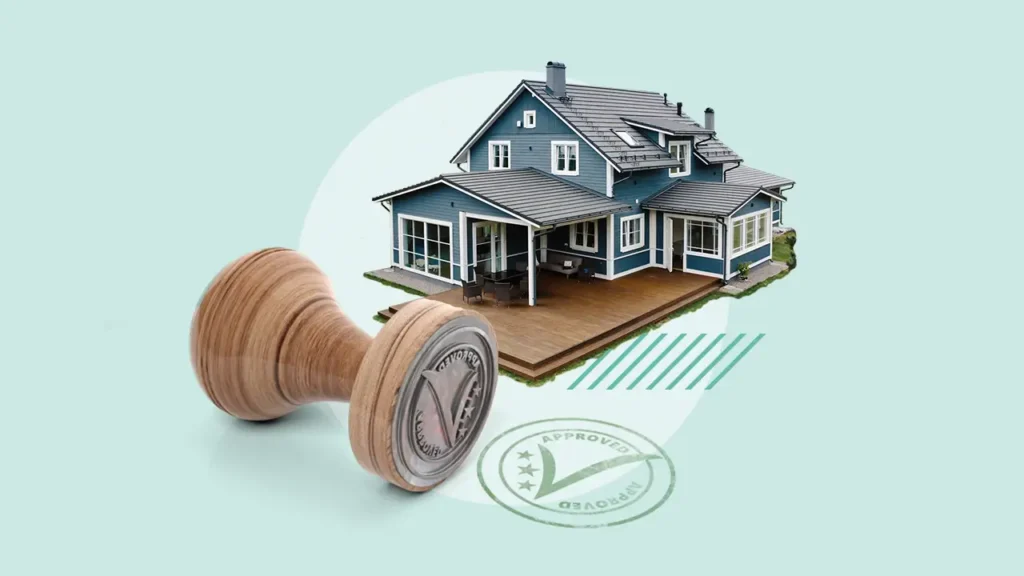
Why It’s a Mistake:
A lot of people who are buying their first home make the mistake of looking for a house before getting pre-approved for a mortgage. If they forget this step, they might be disappointed when they find the perfect home but can’t get a mortgage that covers the cost.
How to Not Make This Mistake:
- Get pre-approved: Before you start looking for a house, get pre-approved for a mortgage. This means meeting with a lender who will look at your income, credit score, and debt-to-income ratio to see how much money you can borrow.
- Advantages of pre-approval: A pre-approval letter not only helps you figure out your budget, but it also shows sellers that you’re a serious buyer, which gives you an advantage in markets with many other buyers.
3. Not Taking Into Account Extra Costs
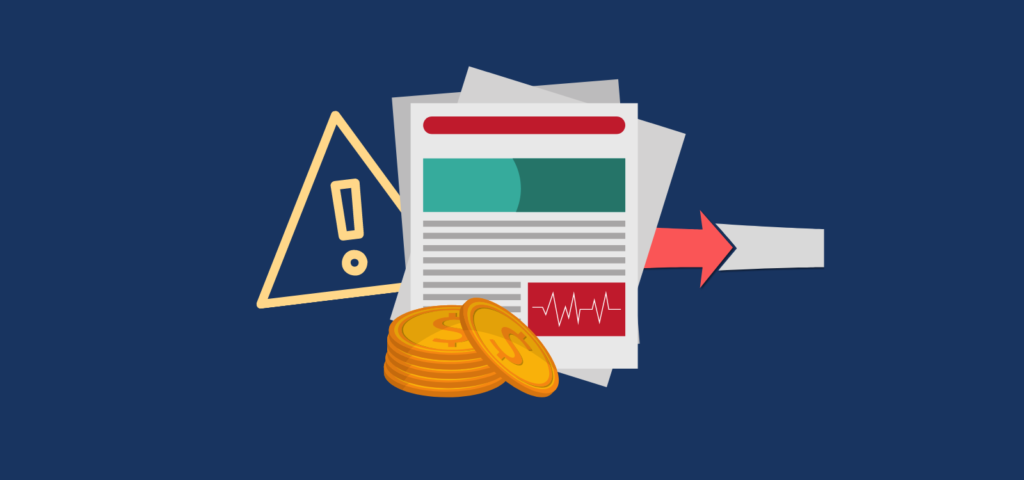
Why It’s a Mistake:
Most first-time homebuyers know about the down payment and mortgage payments, but they don’t always think about the other costs that come with buying a home. These can be things like closing costs, home inspections, and regular upkeep.
How to Not Make This Mistake:
- Be aware of additional costs: Learn about the extra costs that come with owning a home. Closing costs can be between 2% and 5% of the price of the home, and home inspections can cost hundreds of dollars.
- Plan for maintenance: Also, think about how much it will cost to keep things like roofs, plumbing, and HVAC systems in good shape in the future.
- Create a backup fund: It’s smart to have a backup fund to pay for these unexpected costs.
4. Only Paying Attention to How the House Looks

Why It’s a Mistake:
It’s normal to be drawn to a home’s looks, like its beautiful interiors or modern finishes, but first-time homebuyers often make the mistake of focusing too much on looks instead of the home’s overall condition and long-term value.
How to Not Make This Mistake:
- Focus on the bigger picture: When looking for a house, think about how well it is built, how old the major systems are (like the roof or HVAC system), and how well the layout works.
- Hire a home inspector: Don’t let small cosmetic changes change your mind. Get a qualified home inspector to check the condition of the home thoroughly so you don’t have to pay for expensive repairs after you buy it.
5. Not Thinking About the Neighborhood’s Long-Term Potential
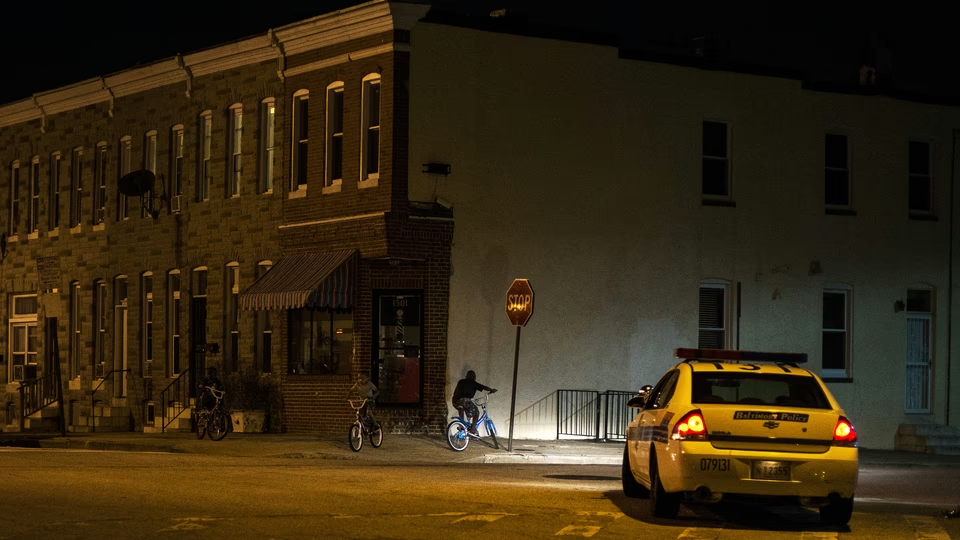
Why It’s a Mistake:
The neighborhood is just as important as the house itself. One mistake that first-time homebuyers often make is not thinking about how the area where the home is located will change over time. The value of your home in the future can be affected by the neighborhood’s schools, safety, amenities, and plans for growth.
How to Stay Away from This Mistake:
- Research the neighborhood: Look into the neighborhood in great detail. Consider factors like crime rates, schools in the area, public transportation options, and how close grocery stores, healthcare, and other services are.
- Visit at different times: To get a real feel for the neighborhood, visit it at different times of the day and week.
6. Not Realizing How Important Home Inspections Are
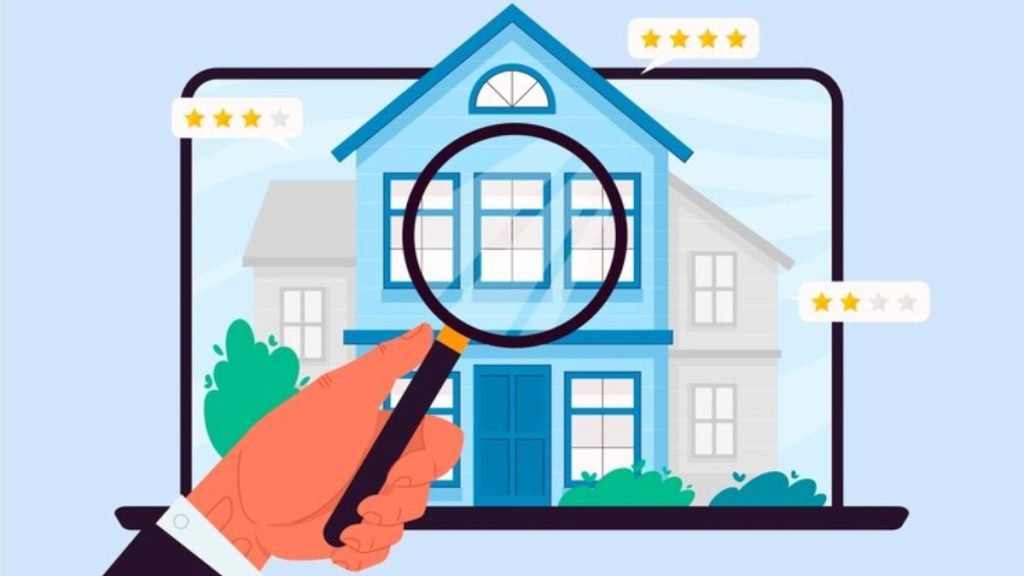
Why It’s a Mistake:
Many people who are buying their first home want to get it done as quickly as possible and may skip the home inspection to save time or money. This is a risky mistake that could lead to problems that are hard to find and costly to fix later on.
How to Stay Away from This Mistake:
- Don’t skip the inspection: Before you buy a house, always make sure to have it checked out. A licensed home inspector will look at the property for problems that could happen, like bad wiring, leaks in the plumbing, or issues with the foundation.
- Negotiating repairs: If significant problems are found, you can ask for repairs or a lower price.
7. Not Bargaining on the Price

Why It’s a Mistake:
First-time homebuyers often think that the price is set in stone. But in most cases, there is room for negotiation, and if you don’t, you might end up paying more for the house than you need to.
How to Not Make This Mistake:
- Negotiate with a real estate agent: Find a good real estate agent who can help you get a fair price. They will give you information about the market, compare properties that are similar to yours, and use their experience to speak up for you.
- Look for other incentives: Even if the seller won’t budge on price, you might still be able to get them to pay some of the closing costs or offer other incentives.
8. Going Too Far with Renovations
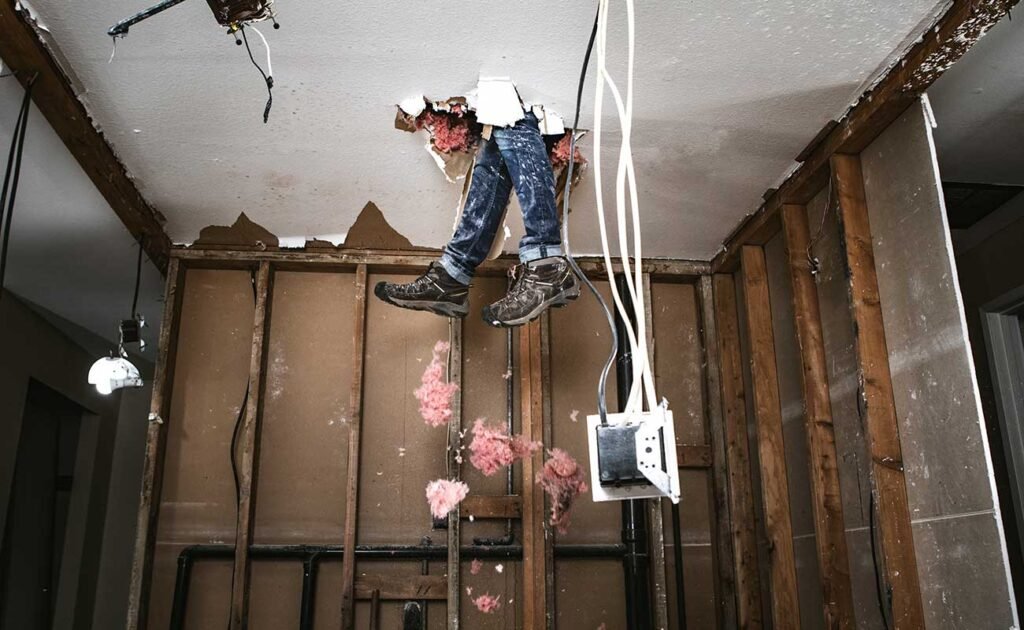
Why It’s a Mistake:
It’s easy to get too excited about ideas for fixing up or remodeling your new home. Updating some parts of the house can make it worth more, but going over your budget for renovations can put a strain on your finances.
How to Not Make This Mistake:
- Know which repairs are needed: Before you buy a house, make sure you know what repairs are really needed. Include the costs of any major repairs in your budget.
- Keep renovations within budget: Keep your renovation budget realistic, and focus on the changes that will add the most value to the home.
9. Not Thinking About What You Might Need in the Future

Why It’s a Mistake:
Many people who buy their first home choose a property based on their current lifestyle and needs, but they don’t think about how their needs might change in the future. This lack of foresight could mean that you have to move again sooner than you thought.
How to Avoid Making This Mistake:
- Think long-term: When picking a home, think about the long term. Consider how your needs might change in the next five to ten years.
- Plan for growth: Are you going to have kids? Do you need more room for an aging parent or a home office? Find a house that meets your needs right now but also has room for you to grow in the future.
10. Not Using the Power of Research
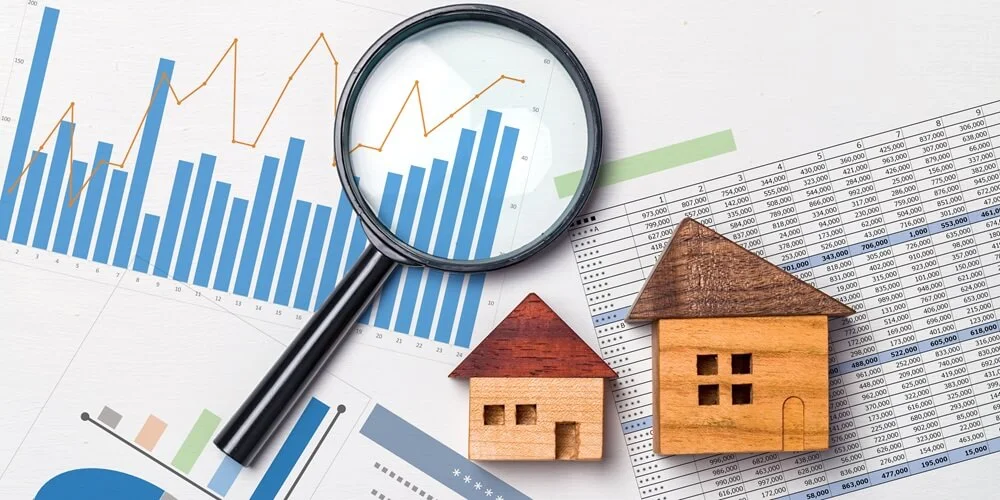
Why It’s a Mistake:
People who are buying their first home often make the mistake of starting the process without doing enough research. Not doing enough research can lead to bad choices, whether it’s not knowing the terms of a mortgage, not looking into the local real estate markets, or not reading about the homebuying process itself.
How to Not Make This Mistake:
- Invest time in learning: Take the time to learn about the process of buying a home. Read articles, go to homebuyer workshops, and talk to experts like mortgage brokers, real estate agents, and financial advisors.
- Make informed choices: Knowing how the process works will give you the power to make smart choices.
Conclusion: Good Advice for First-Time Homebuyers

Owning a home is an exciting step, but it also comes with a lot of responsibilities. You can make sure that your purchase is both financially sound and personally fulfilling by avoiding the top ten mistakes first-time homebuyers make.
Don’t Miss: How to Interpret Property Disclosure Statements Like a Pro
The most important thing is to get ready by making a realistic budget, looking into your options, and getting professional help along the way. If you take the time to think about your choices carefully, you’ll be on your way to owning a home that meets your needs and helps you reach your long-term financial goals.






